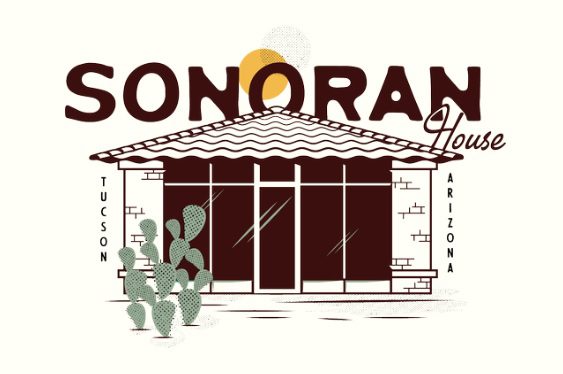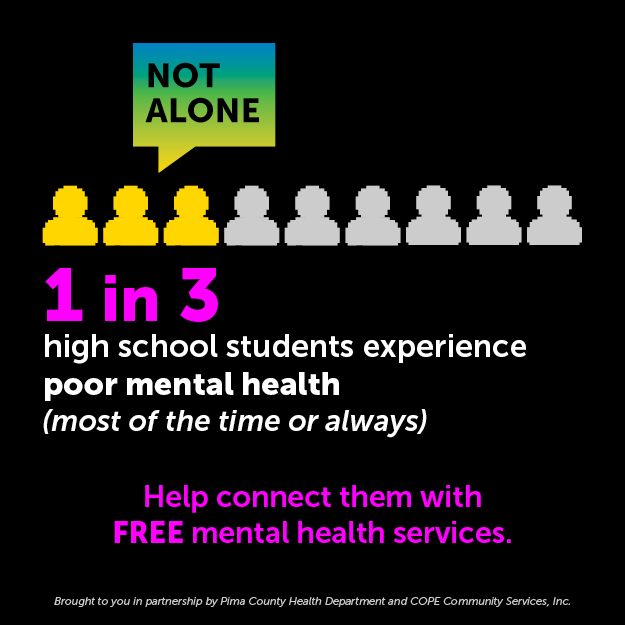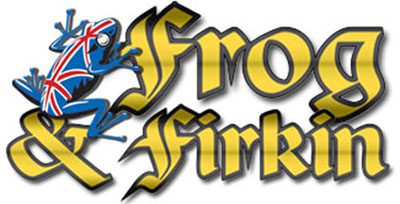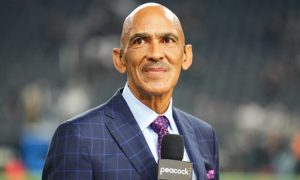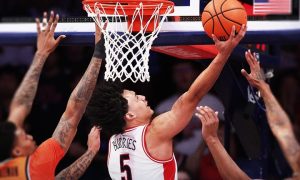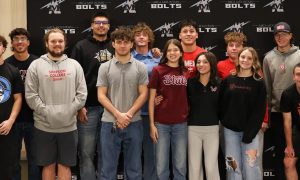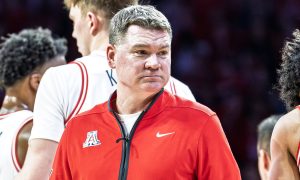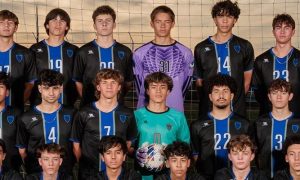Ernie McCray
EDITOR’S NOTE: Former Tucson High School and University of Arizona basketball standout Ernie McCray is a legendary figure to Tucsonans and Wildcat fans. McCray, who holds the Wildcats’ scoring record with 46 points on Feb. 6, 1960, against Cal State-Los Angeles, is the first African-American basketball player to graduate from Arizona. McCray, who now resides in San Diego, earned degrees in physical education and elementary education at Arizona. He is a longtime educator, actor and activist in community affairs in the San Diego-area. He wrote a blog for TucsonCitizen.com before the site ceased current-events operations recently. He agreed to continue offering his opinion and insight with AllSportsTucson.com about Arizona Wildcats athletics. McCray also writes blogs for SanDiegoFreePress.org.
I just finished a nice read, “Tucson a Basketball Town.” It was written by Arizona hoop legends, Bob Elliott and Eric Money.

A book about Arizona’s hoop history in the 1970s is available at the University of Arizona bookstore and Amazon.com
They, in a nice informative way, remind Arizona basketball fans that before Lute Olson came along and took the program to somewhat unbelievable heights that there was an era, in the 70’s, their era, that Tucson became a basketball town.
They’re so right and the man who made it all happen from the coaching end was one of the most charismatic and self-confident human beings I have ever had the privilege of knowing: Fred “The Fox” Snowden, the first black coach for a major school in a major NCAA conference. He brought in players like Bob and Eric and others who collectively played basketball at a level that had never been seen in my hometown.
So much of what they’ve written touches me deeply because I had observed monumental change happen before when I was a boy attending Dunbar, “the colored school.” A man with the power to make change, Dr. Robert Morrow, a brave and right-minded school superintendent, put an end to such social nonsense in 1951. In a moment, it seemed. And then, about twenty years later, Dr. John Schaefer, the University of Arizona president, equally courageous and principled with the capability to turn things around, decides that “It was time for black coaches in basketball.” Just like that. In much the same manner that Morrow made modifications that honored our better selves as human beings. His predecessor had left him a 14,000 seat arena that was never going to come close to being filled the way Arizona teams had been playing. He also knew that there were tons of great black players finishing high school and he wanted somebody who spoke their language to go out there and bring them to the Grand Canyon State. And he got the right man. It was a win-win for everybody concerned.
I feel the need again to state that this book wasn’t meant to take anything away from the Lute Olson legacy. The authors and I appreciate all the acclaim that he has brought our beloved program but they just wanted the man who blazed the trails for him to be remembered for his place in Arizona basketball history. They wanted us to know simple facts like how he and his players, most of them black (unlike in my day), were the first to fill and wildly energize McKale Center.

Tucson collage created by Rizha Ubal (Flickr creative commons photo)
It was a quick read and it aroused so many memories inside me. The great teams of the 40’s and 50’s were briefly highlighted and some of my first sports heroes in life were on those rosters. People like Roger Johnson, the first All-American at Arizona and Mo Udall, who went on to become a “liberal” member of the United States Congress, an environmentalist, a spokesperson in behalf of better treatment for Native-Americans. They were a sight to see in the old Bear Down Gym. I wanted so much to grow up and be like them.
No words could be written about Arizona basketball with out Fred Enke, the university’s legendary coach, being mentioned. I played for him as the 50’s and his career were boiling down to an end, the second black basketball player to do so and the first to graduate.
It was a treat seeing a picture of George Kalil, a classmate of mine at Tucson High, a very very very rich man who travels with the team everywhere they go and is known as the “Arizona Basketball Super Fan.”
I read names of other great fans and supporters like Flavia Batteau, a childhood friend, and her mother, a teacher at the all-black school, people forever entrenched in my life history.
When I looked at the pictures of The Fox coaching in front of the bench, I couldn’t help but think how my mother, a super fan and supporter in her own right, was close by as she had seats behind the team, thanks to him. I wondered how many meals did she cook for wildcat hoop-sters throughout the years. I can taste the rolls and the chicken falling off the bones, the greens and potatoes and gravy and peach cobbler and vanilla pound cake. Umm, umm, good.
Reading about Eric leaving school early for the NBA and Bob later playing in the pros, I thought about my shot at the Show, with the Cincinnati Royals, realizing my days were short when, in an exhibition game, I scored 15 points, took down 7 rebounds, and dished 4 assists in less than twenty minutes of play – and the coach, after the game, didn’t have a word to say. He, however, wasn’t as speechless as I was after playing about as good as I could.
But that was another day. So many guys have gone on to play in the NBA from the U of A.

Eric Money

Bob Elliott
I could identify when the authors wrote of the good feelings that come with stardom, especially the kids who see you and mimic your moves and your shooting style. Being looked up to is pretty heady for 18 to 21 year olds. And it makes you watch your step. I always felt a sense of responsibility towards youngsters who had me in their sight.
Reading about how adamant Snowden was regarding wanting his players to earn degrees, I thought of how he must have been super proud of “Big Bird” Elliott because he was an Academic All-American, the first from Arizona.
The book made me feel prouder about the basketball program at my alma mater, even more than I usually am, as it gives perspective as to how the game became so popular in the Old Pueblo, and it recognizes the progress the town has made as far as race relations are concerned. Along those lines, I’m glad that Bob And Eric touched on a sentiment that’s often prevalent regarding black coaches, the notion that they’re recruiters and not true x’s and o’s kinds of cerebral coaches. Regarding such thinking, one of the writers said: “That’s like the guy that says the black kids are athletic and talented and gifted, and the white players are always heady and smart. The guy (coach Snowden) went to his grave a coach. He took a hole in the ground called McKale and he filled it.” Yes, he did.
Fred “The Fox” Snowden truly did make “Tucson a Basketball Town.” And I thoroughly enjoyed reading about it from the points-of-view of two members of the Wildcat basketball family. To me it kind of segued the February spirit of Black History Month into March – in a pleasant illuminating way. I stand proud of the U of A.
[rps-paypal]
|
|


